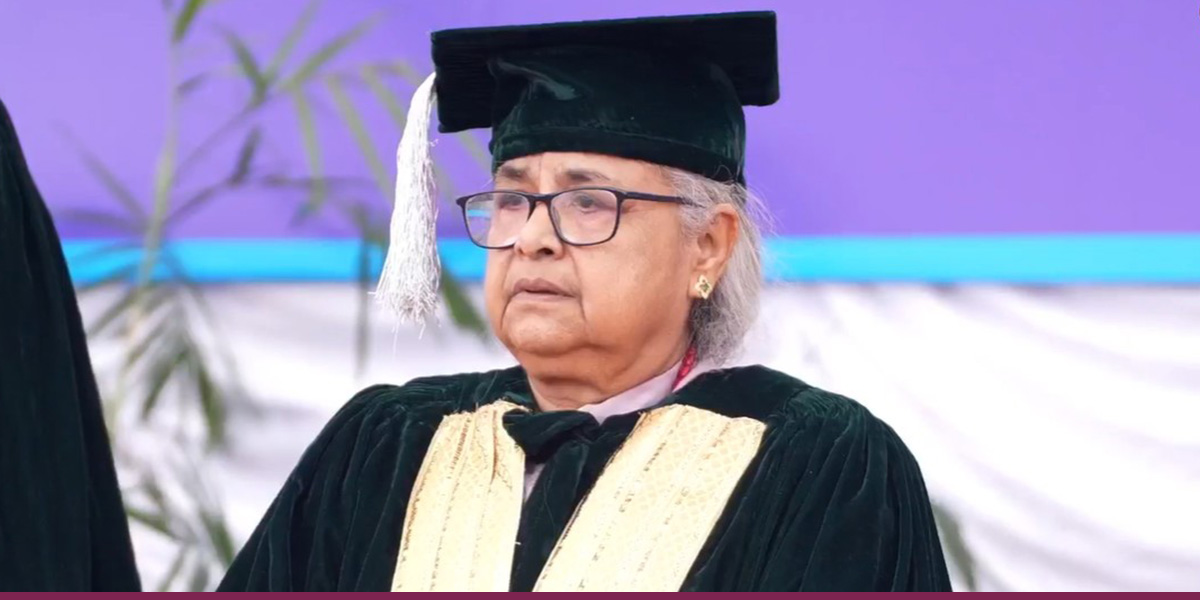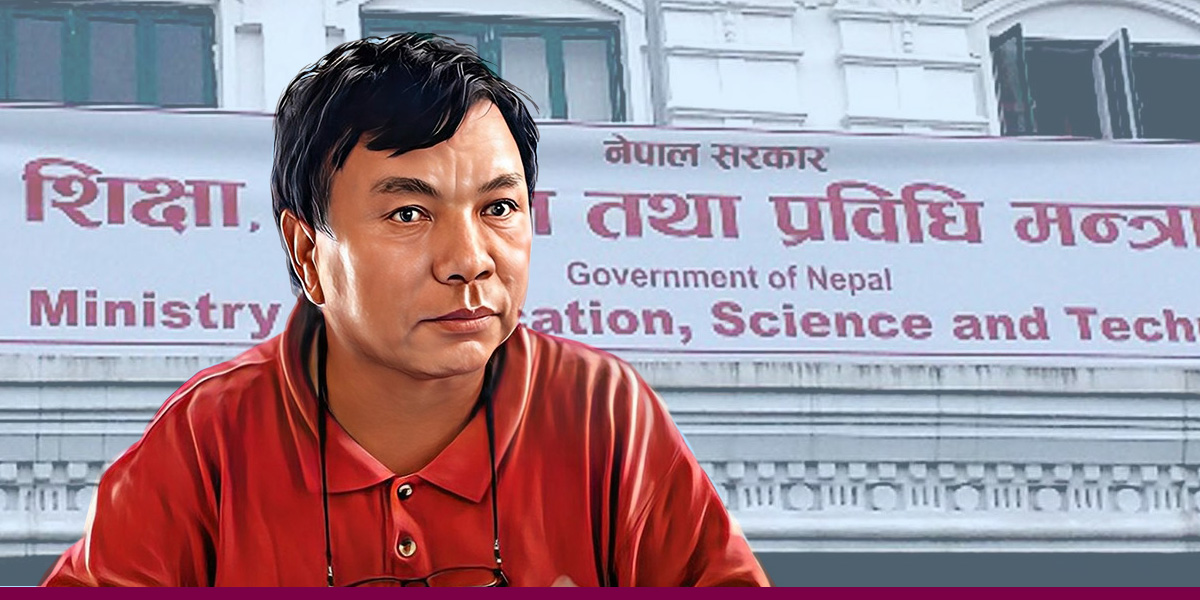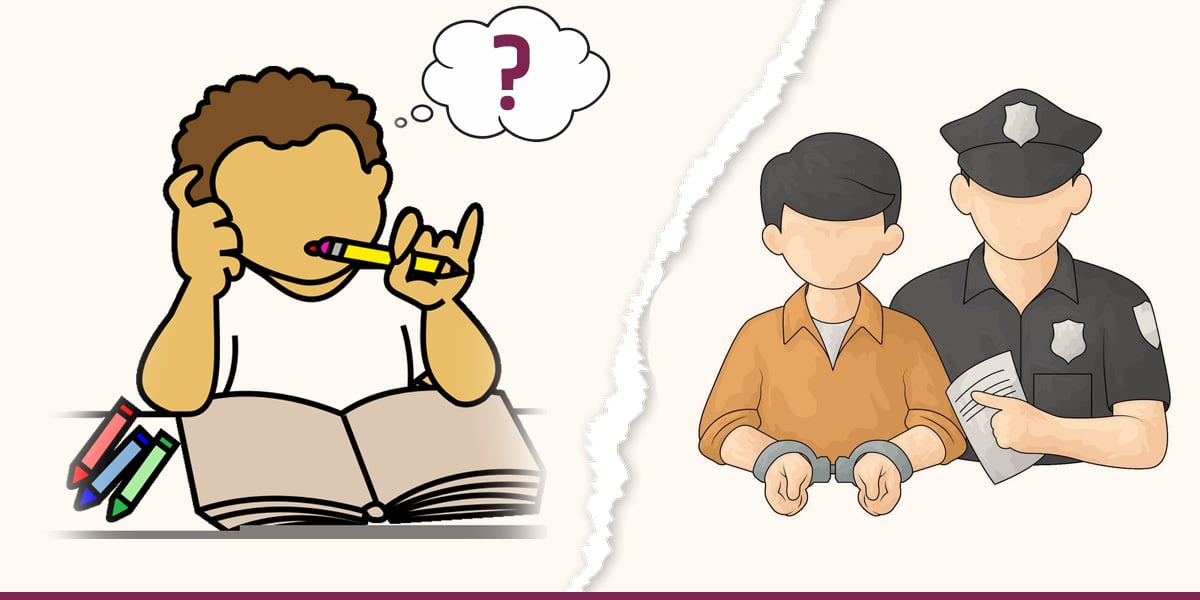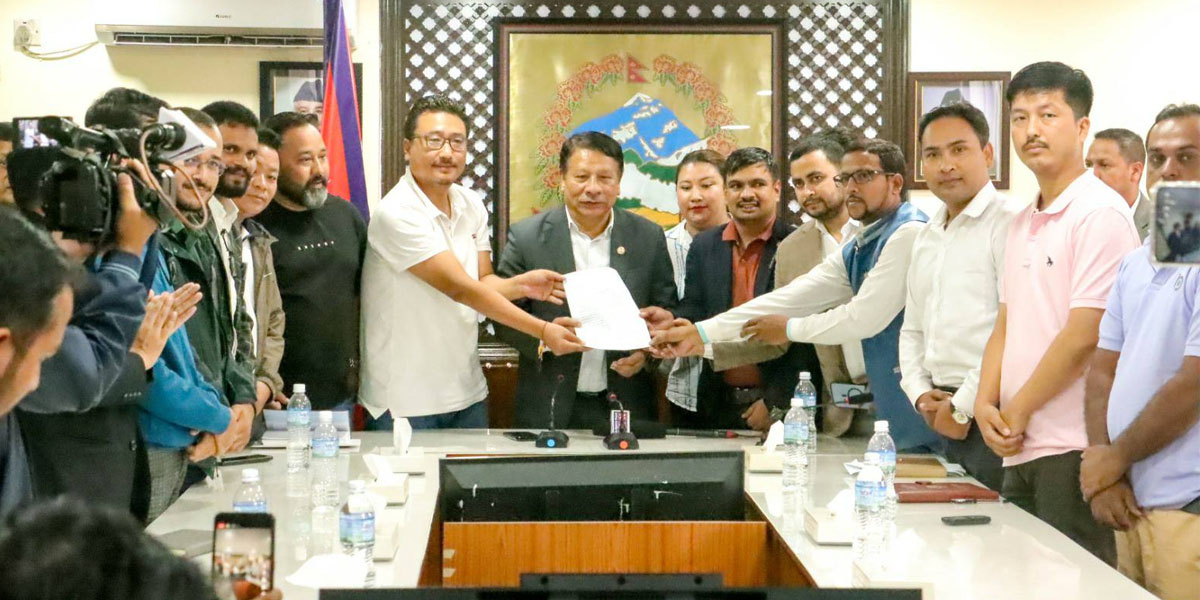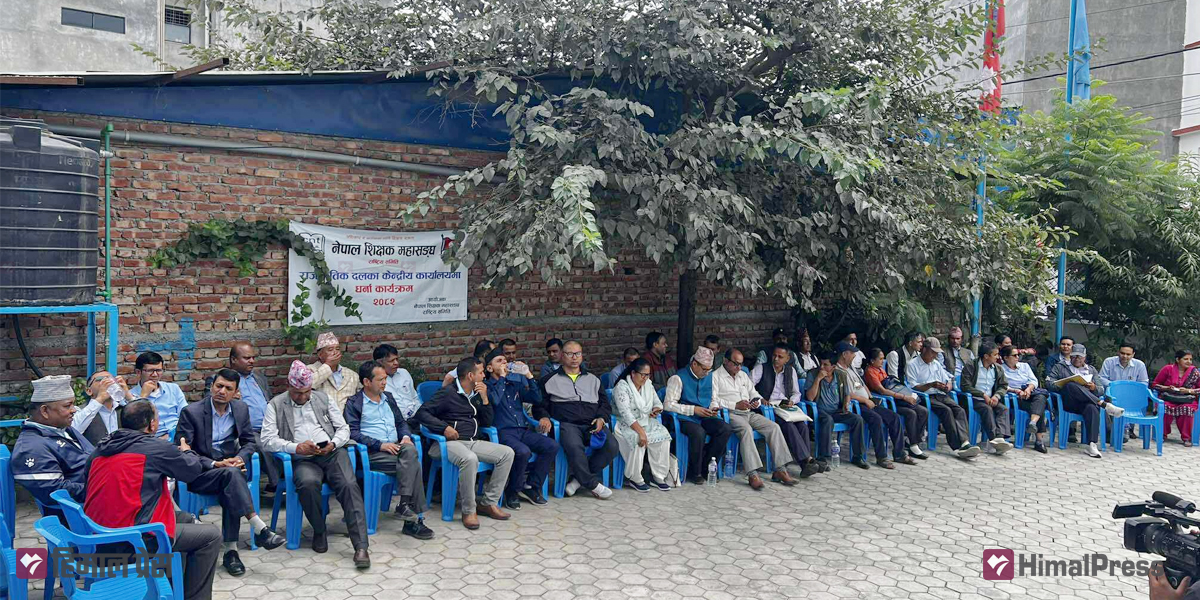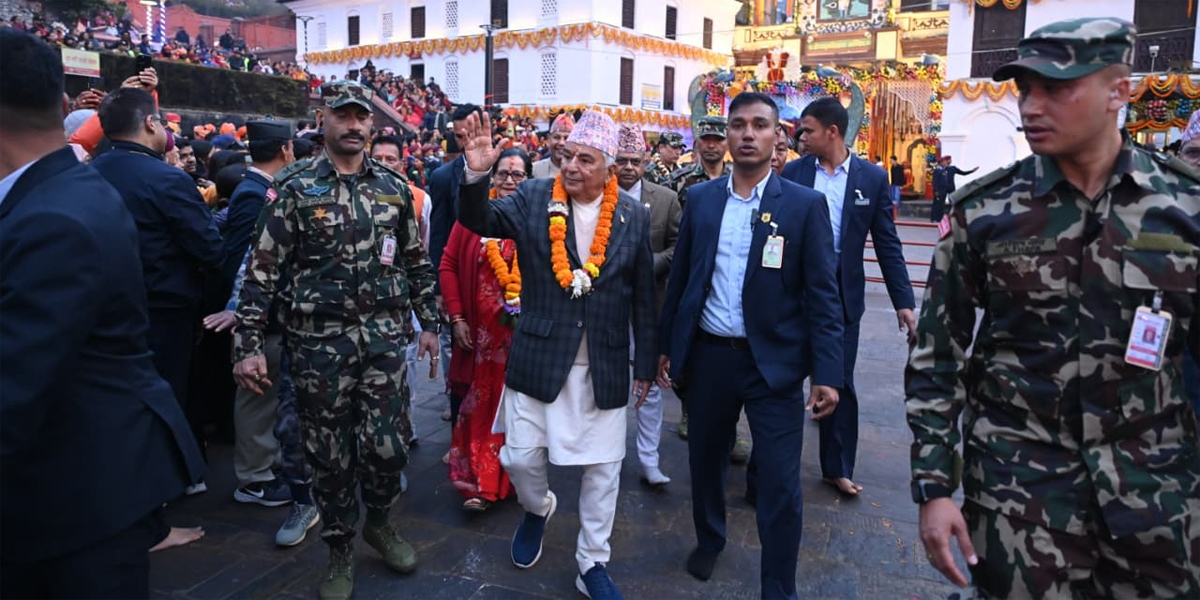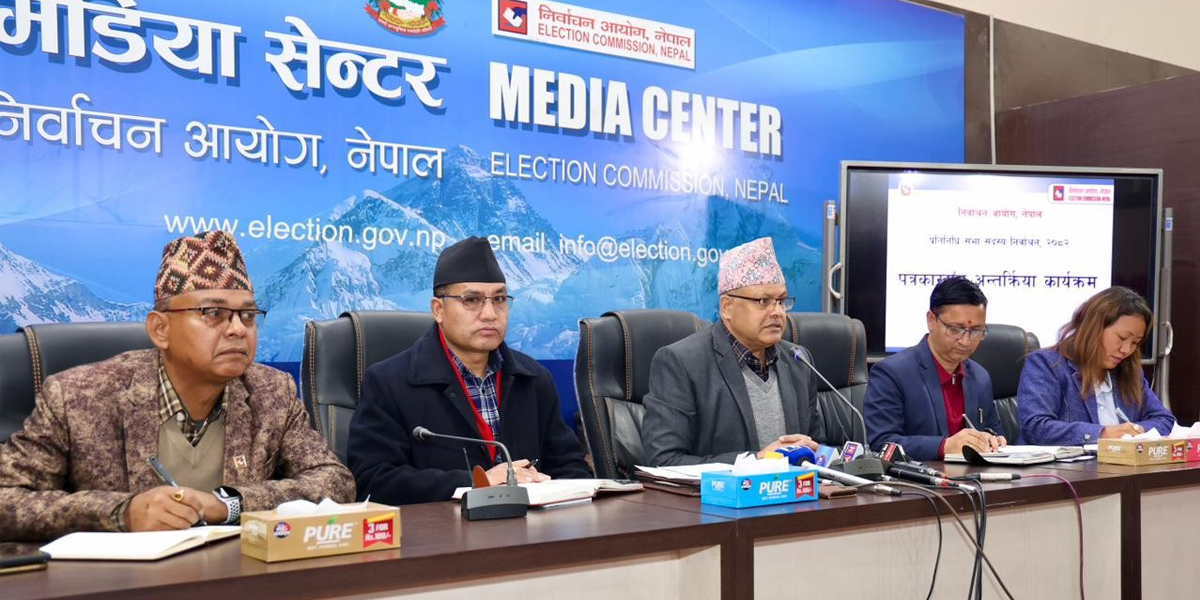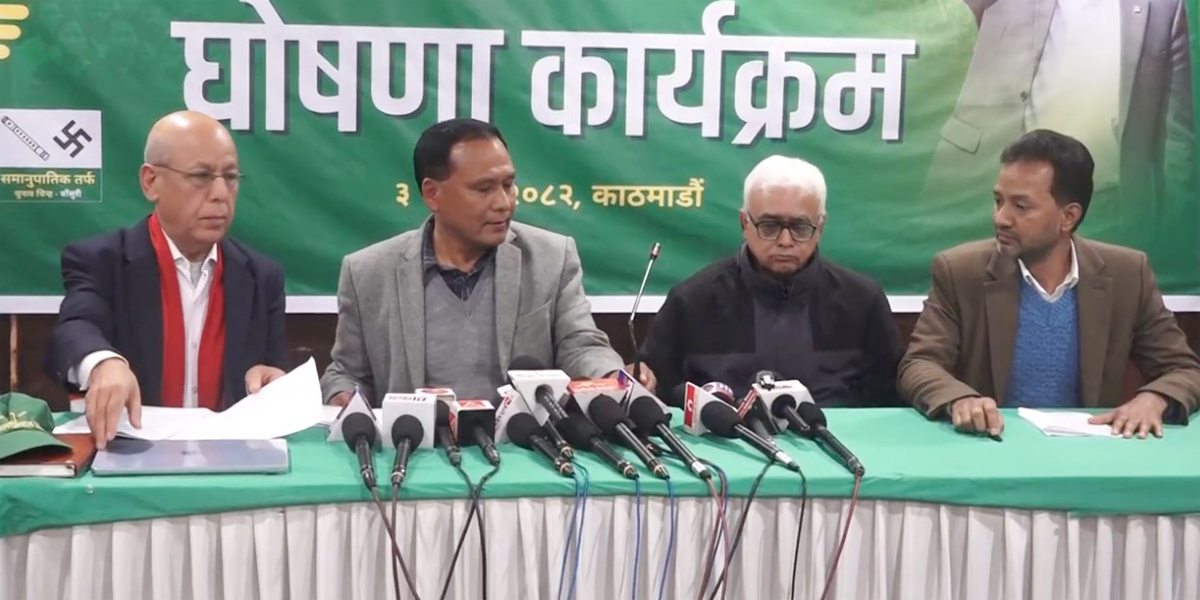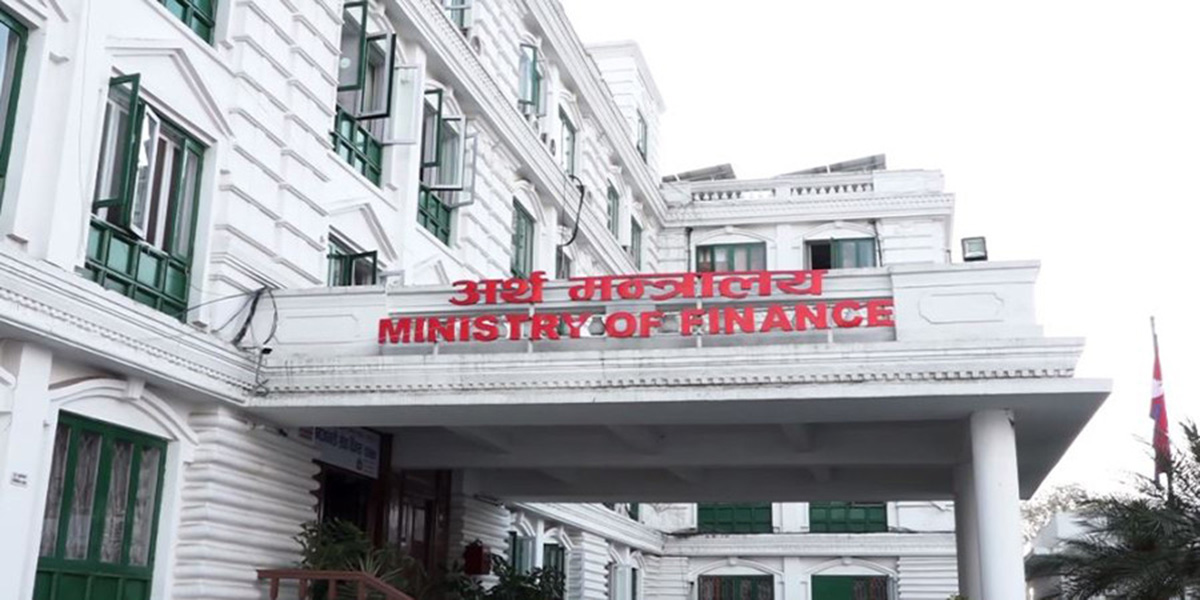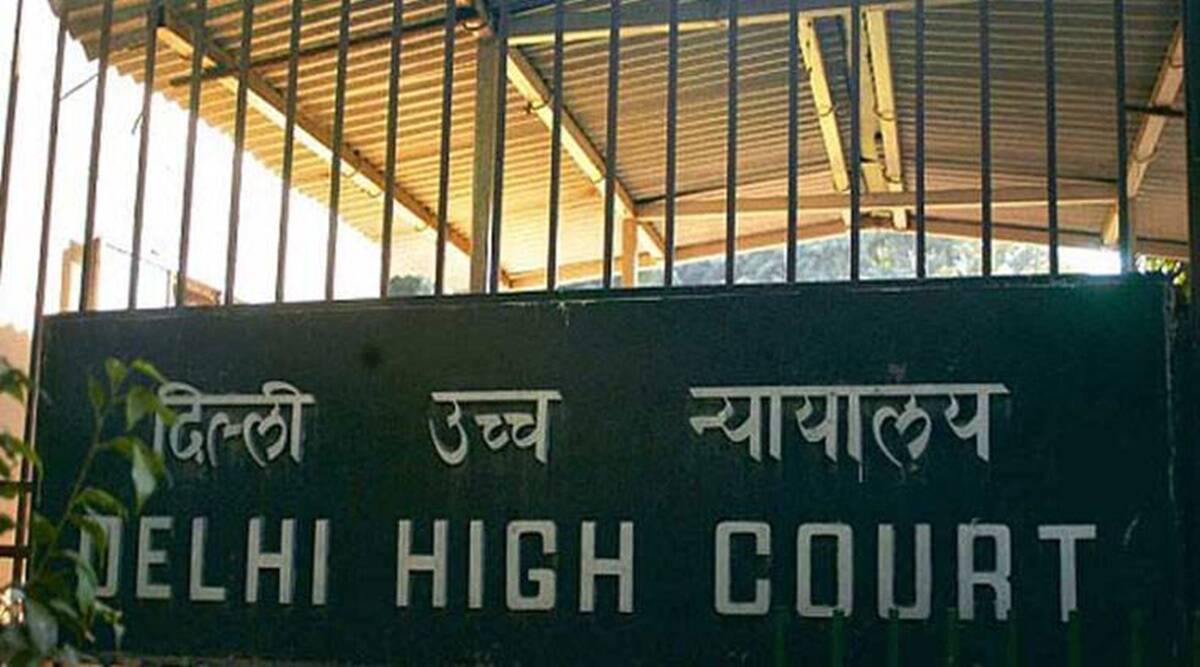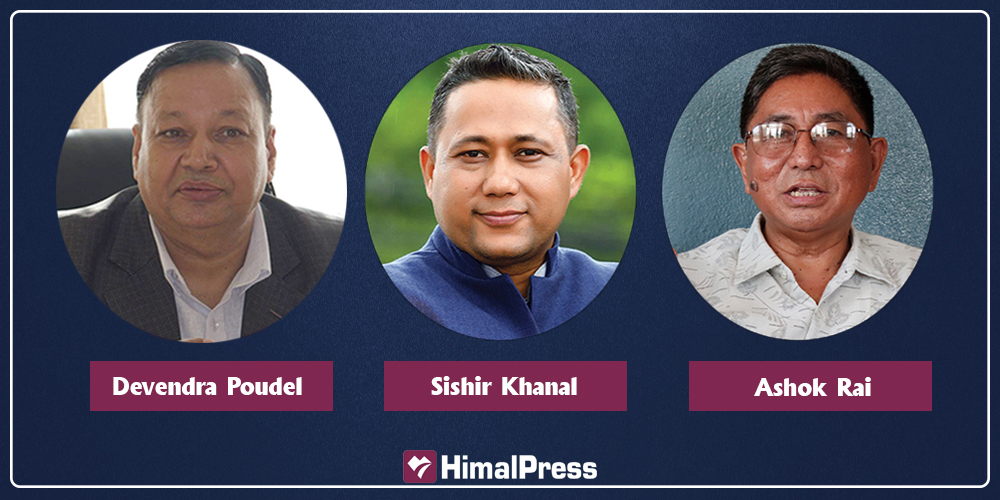
KATHMANDU: The year 2079 BS was marked by a lack of significant achievements in the education sector. Although the ministry saw three ministers – Devendra Paudel, Shishir Khanal, and Ashok Rai – during the year, none failed to endorse Federal Education Act from parliament.
Poudel and Khanal’s tenure ended without making any significant progress on education issues. While assuming office, Poudel had promised to address the problems faced by school teachers and staff and endorse the Federal Education Act. But he did not take adequate measures to get the Act endorsed by parliament. Moreover, his efforts to implement the agreement reached with the teachers and staff were ineffective.
In addition, the government has been unable to address the demands of early childhood development (ECD) teachers, who have been protesting for equal salary and facilities as primary teachers. The ECD teachers are continuing their protest as their demands remain unfulfilled. Responding to protests from school staff demanding better salaries and services, the government signed an agreement with the representatives of the school staff on September 11 last year. However, the ministry failed to implement the agreement. As a result, the Nepal School Staff Council has announced that it wold resume protests soon.
Khanal of Rastriya Swatantra Party (RSP) succeeded Poudel at the education ministry on January 17. His reign was short-lived as he resigned after only 19 days of his appointment. Although he had also prioritized the endorsement of the Federal Education Act, he too failed.
During his short tenure, Khanal’s major achievement was the decision to remove the discomfort faced by students in obtaining the no objection certificate (NOC) required for abroad study. However, the guidelines issued on this matter have been controversial.
After Khanal’s resignation, the Ministry of Education, Science and Technology was without a leader for almost two months, until Ashok Rai of the Janata Samajbadi Party (JSP) assumed office on March 31. However, soon after his appointment, educational consultancy operators demanded that the government revise the Abroad Study Approval Guidelines. They are dissatisfied with the government’s decision to stop issuing NOCs for language study and short-term training programs in foreign countries.
Despite the government’s plan to increase the education budget to 20% of the total budget, the sector has only been allocated 11% of the total budget in the current fiscal year. The government has allocated Rs 196.38 billion for the education sector in 2022/23.
Although classes up to 12 have been defined as school education, the National Examination Board (NEB) continued to prepare examination question papers for this year as well. However, the NEB has implemented a new system under which the registration form filled in Class 9 will be valid until Class 12.
In an effort to bring about radical changes and make contemporary reforms in the education sector, the ministry has issued the ‘Education Vision Paper, 2023.’ Development partners have expressed their commitment to implementing the vision paper.
Tribhuvan University (TU) faced several issues throughout the year. TU officials were criticized for their failure to improve the examination schedule and publication of results. The TU administration was also padlocked for almost three months due to protests by teaching faculty and students. The TU, however, successfully held Free Student Union (FSU) elections after a gap of 14 years.
During the year, the Teachers Service Commission completed the recruitment process for primary, lower secondary, and secondary level teachers and made recommendations for the appointment of successful candidates. However, as most of the applicants failed the selection process, the commission could only recommend the appointment of 10,353 applicants for 13,287 vacant posts in the primary level.
Similarly, 2,501 applicants were recommended for 2,606 vacant posts in the lower-secondary level, while 1,182 applicants were recommended for 1,552 vacant posts in the secondary level.
Despite these recommendations, the commission has opened vacancies again to fulfill the remaining vacant teaching positions.

 Himal Press
Himal Press 